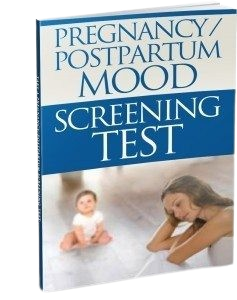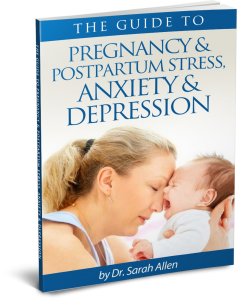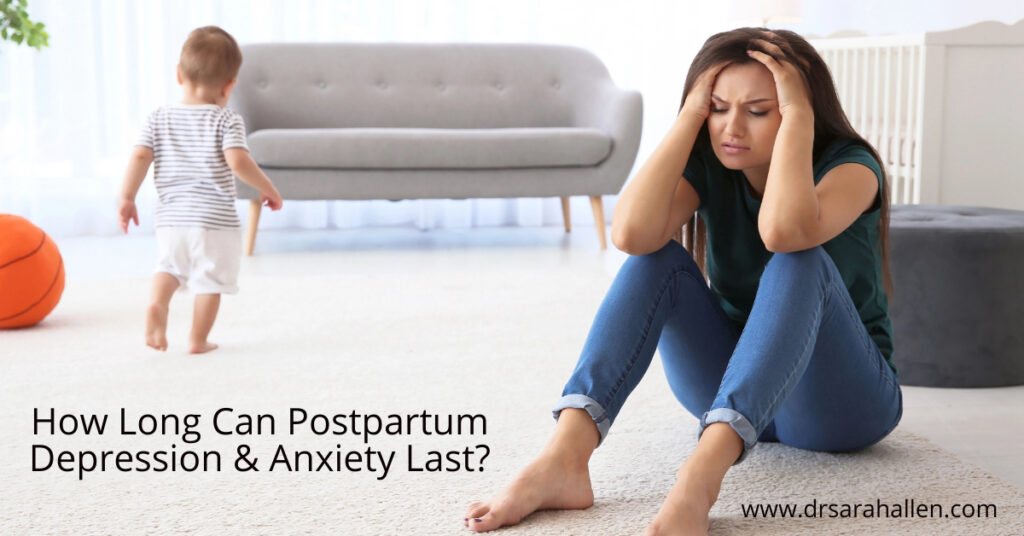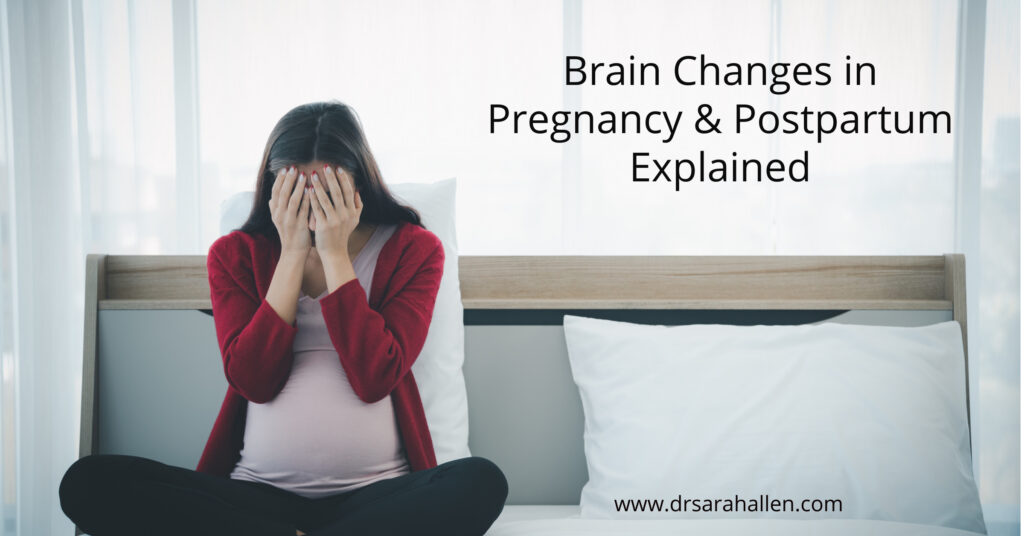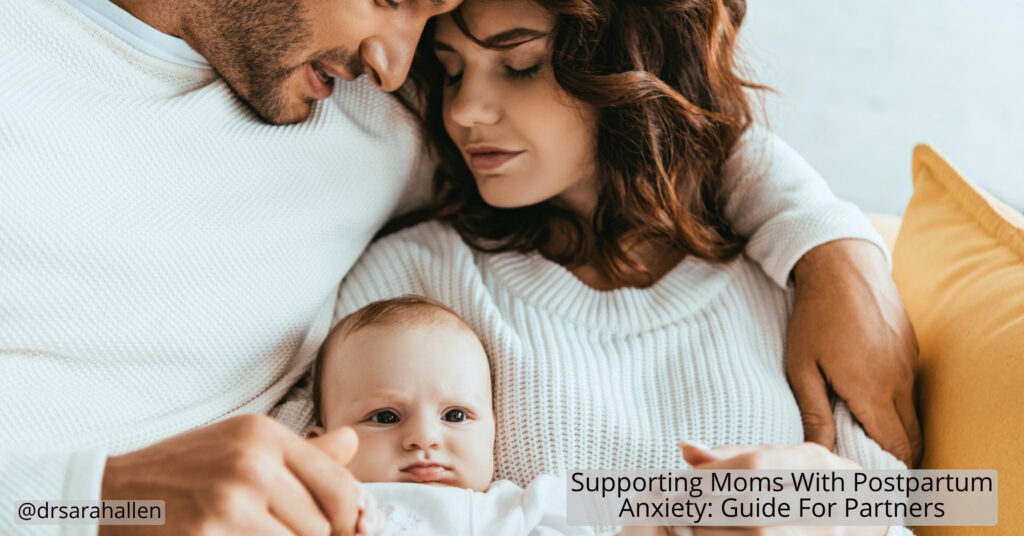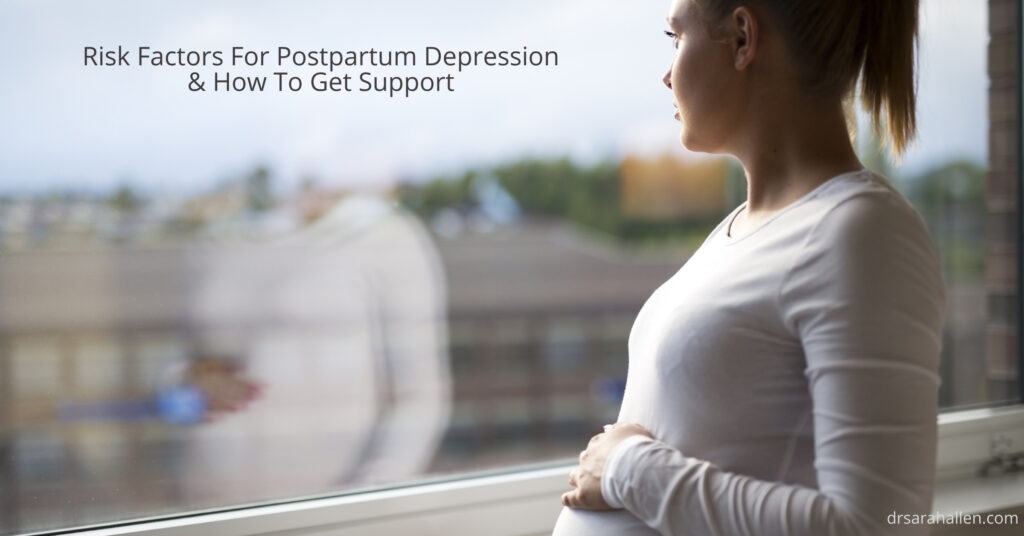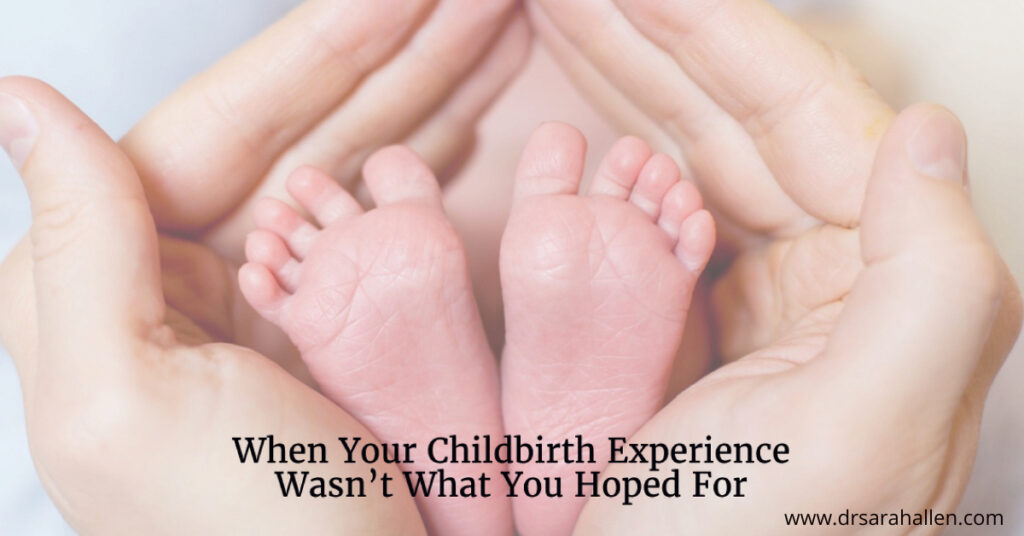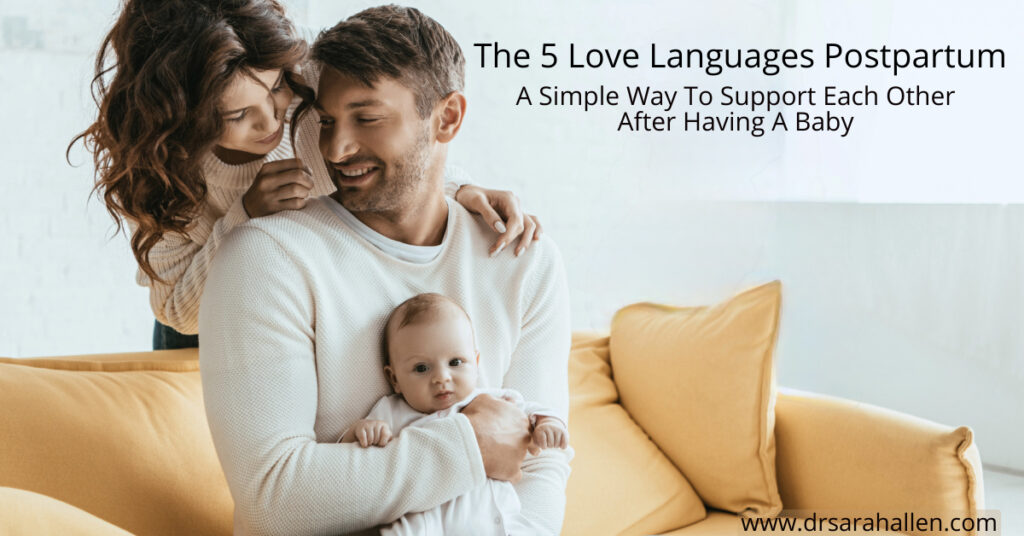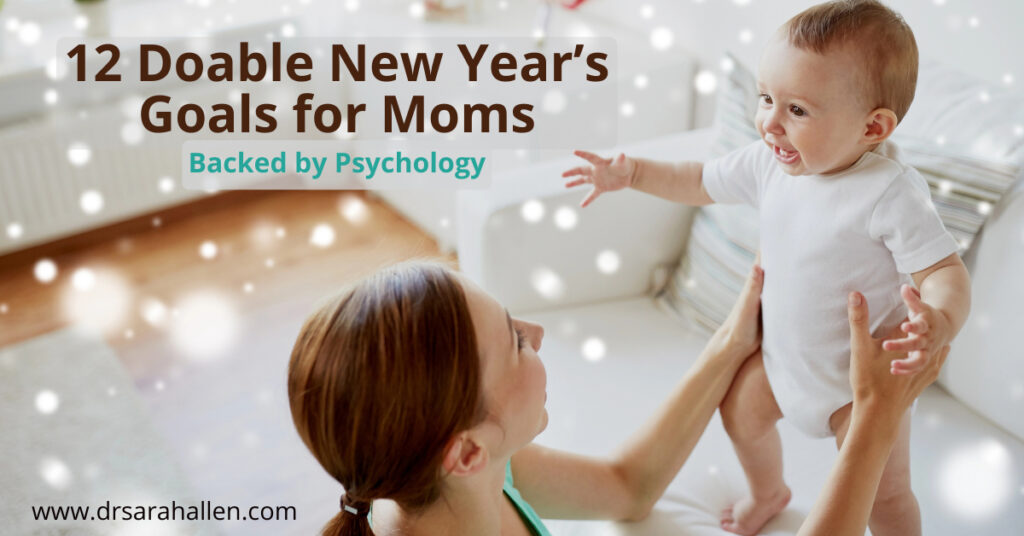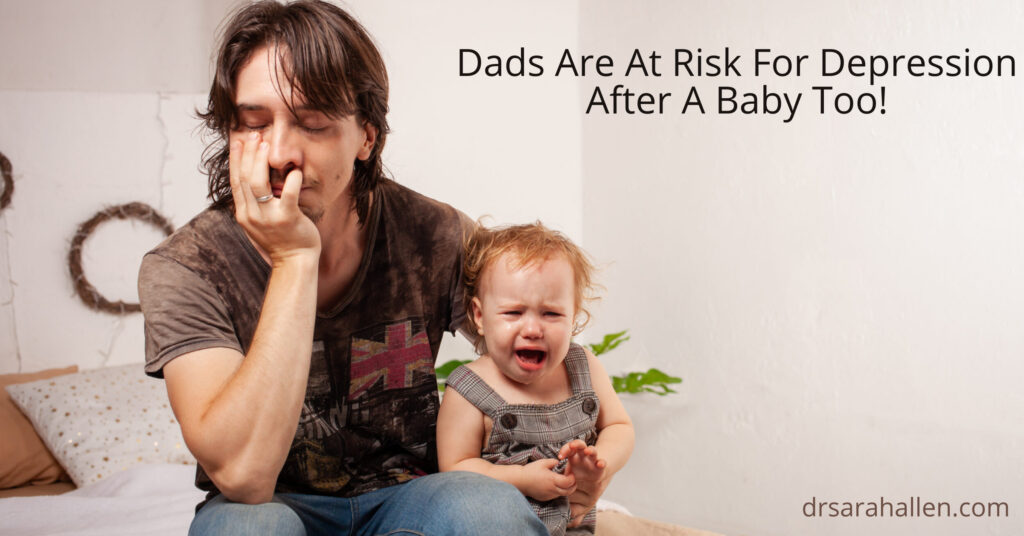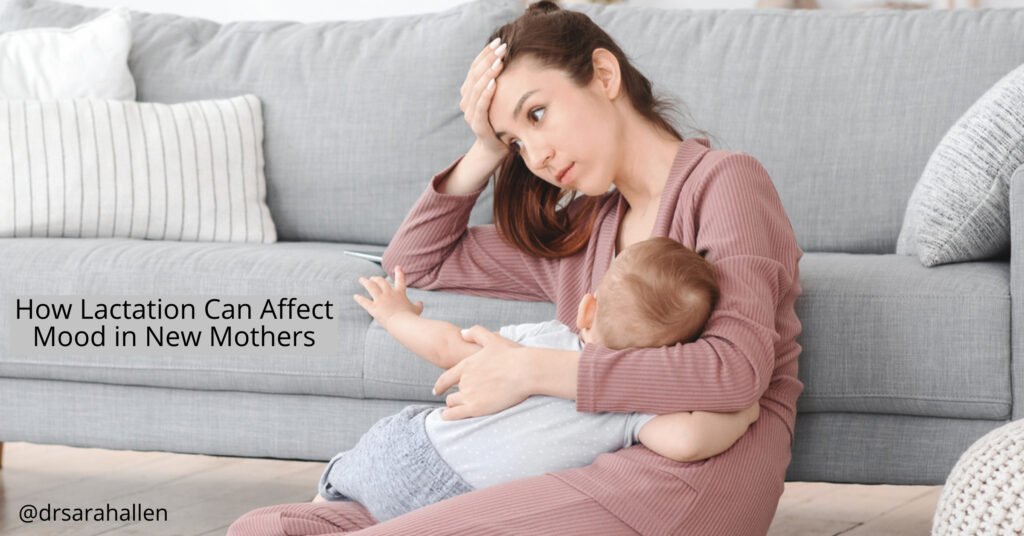
Breastfeeding is not just a way to nourish a newborn; it’s also a complex interaction between a mother’s body and her emotional well-being. When we think about lactation, we often focus on its benefits to the baby, overlooking how it impacts the mom, particularly her mood. Understanding this connection is essential as it affects many mothers, shaping their early experiences of motherhood.
Hormones play a huge role in this process. They fluctuate greatly during both the breastfeeding period and after weaning, leading to changes in mood that can be surprising and sometimes challenging to manage. Moreover, the act of breastfeeding can invoke a range of emotions, from bliss and bonding to pain and frustration. Society pressure can also make women feel they should nurse even though they may not want. The “Breast Is Best” movement put huge pressure on women and can also make women feel they are going to be judged by other moms or healthcare professionals. I always feel that “Feed Is Best” and the baby will always thrive if you, the mom, are in a good place emotionally, regardless of how they receive milk. I am here to support your choice and help you navigate your emotions at this important time.
In this article, I am going to discuss how changes in hormone levels and the physical experiences of breastfeeding and weaning can influence a mother’s mood. Recognizing these effects is the first step towards managing them effectively, ensuring that new moms not only provide care to their babies but also take good care of their own emotional health. By understanding these different emotional dynamics and their associated challenges, we can start to navigate them.
Understanding the Link Between Lactation and Mood
Hormonal changes powerfully influence the bond between lactation and mood in new mothers. When a mother nurses, her body releases hormones like prolactin and oxytocin. Prolactin plays a crucial role in milk production, while oxytocin, often termed the ‘love hormone,’ facilitates bonding and can also induce a calming effect on the mother. These hormones contribute to what we might describe as the ‘high’ feeling during nursing, promoting a sense of well-being and emotional connection to the baby.
However, these hormonal levels fluctuate significantly. During periods of intense breastfeeding, these changes can be profound and swift, leading to mood swings that might confuse many mothers. It’s nature’s way of regulating the body to support the baby’s needs, yet these shifts can leave moms feeling emotionally upended without understanding why. Recognizing these hormonal influences helps us understand that mood swings during this period are not only common; they’re also completely natural.
The Emotional Impacts of Nursing on New Mothers
Nursing can be an emotional rollercoaster for new mothers. While it often enhances bonding and emotional satisfaction, it can also present challenges that affect a mom’s psychological health. Prolonged periods of breastfeeding can sometimes lead to feelings of exhaustion, isolation, or anxiety about milk production. These feelings are normal but can weigh heavily on a mother’s mind.
For many, the act of breastfeeding is not just about feeding their baby; it’s a continual emotional engagement. The pressure to ensure that everything is going perfectly, from latching properly to maintaining a sufficient milk supply, can be stressful. This stress, coupled with the typical sleep deprivation that accompanies early parenthood, can intensify feelings of anxiety or depression. Everyone’s breastfeeding experience is unique and comes with its own set of challenges. Acknowledging and speaking about these feelings can be a significant first step in managing them, and let’s you reclaim some control during this vulnerable time.
If you are experiencing health anxiety about whether your baby is feeding adequately this article may help Health Anxiety About Your Baby During Pregnancy and Postpartum
How Stopping Breastfeeding Influences Maternal Mood
The decision to stop breastfeeding, whether driven by personal choice or external circumstances, can also markedly impact a mother’s emotional state. This transition often triggers a significant drop in hormone levels, particularly prolactin and oxytocin, which have mood-stabilizing effects. The sudden decrease can lead many mothers to experience mood swings, sadness, or even feelings of loss, as the end of breastfeeding might symbolize the end of a special connection with their baby.
Additionally, there’s a societal dimension at play. The pressure from societal norms about when and how to wean can lead to guilt or anxiety. Mothers might worry about judgment from others or struggle with their own expectations of motherhood. It’s vital for us to understand and accept that these feelings are a normal response to hormonal and emotional changes. It’s equally important to seek support, whether through talking with family members, connecting with other mothers, or finding a community group that understands what you’re going through.
Practical Tips for Managing Mood Changes During Lactation
Managing emotional fluctuations during and after lactation involves both preemptive and reactive strategies. First, set realistic expectations about breastfeeding and weaning. Understanding that challenges and mixed emotions are part of the process can help us adjust more smoothly. Maintaining a healthy lifestyle is also helpful; simple activities like regular exercise and proper nutrition can significantly influence mood stability.
Creating a strong support network is crucial. Keep communication open with partners, family, and friends about how you’re feeling. Don’t hesitate to express when you need a break or help around the house. Sometimes, just talking about your experiences can bring a sense of relief.
Moreover, consider setting aside time for self-care activities that rejuvenate your spirit and mind. Whether it’s a hobby you love, reading, or meditating, taking this time can be instrumental in maintaining your mental health.
If feelings of sadness or anxiety persist, consider talking to a mental health professional who specializes in maternal mental health who can provide the appropriate support.
You Are Not Alone
Remember, every mother’s experience with lactation and mood is unique. It’s perfectly normal to have ups and downs. By understanding the connection between lactation and mood, you can take proactive steps to care for yourself and your baby when you are deciding whether to reduce feeds or stop nursing. Your well-being is important and finding a balance that works for you is key.
If you have any concerns or need further support, don’t hesitate to reach out. You are doing an incredible job, and seeking help when needed is a sign of strength, not weakness.

Dr. Sarah Allen has 25+ years of experience in private practice helping women to transition to being the mom they want to be. She is the Founding Director of the statewide non-profit Postpartum Depression Alliance of IL. She also specializes in pregnancy loss & infertility & has published research on postpartum depression and traumatic childbirth.
If you would like to work with Sarah, please phone her at 847 791-7722 or on the form below.
If you would like to read more about me and my areas of specialty, please visit Dr. Sarah Allen Bio. Dr. Allen’s professional license only allows her to work with clients who live in IL & FL & the UK and unfortunately does not allow her to give personalized advice via email to people who are not her clients.
Dr. Allen sees clients in person in her Northbrook, IL office or remotely via video or phone.

What Can I Read That Helps Me While I Am Waiting For My First Appointment With Sarah?
If you feel that you may be experiencing pregnancy or postpartum mood disorder, or worry that you may be at risk of developing it, please download my free booklets below.
See each specific webpage to download one or many.
